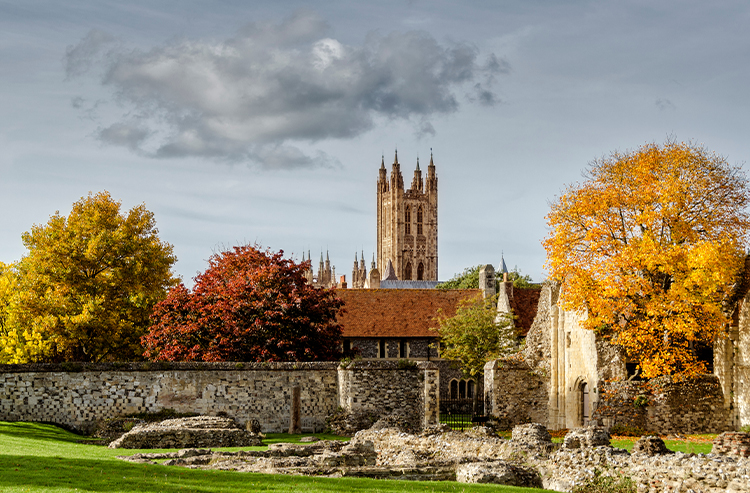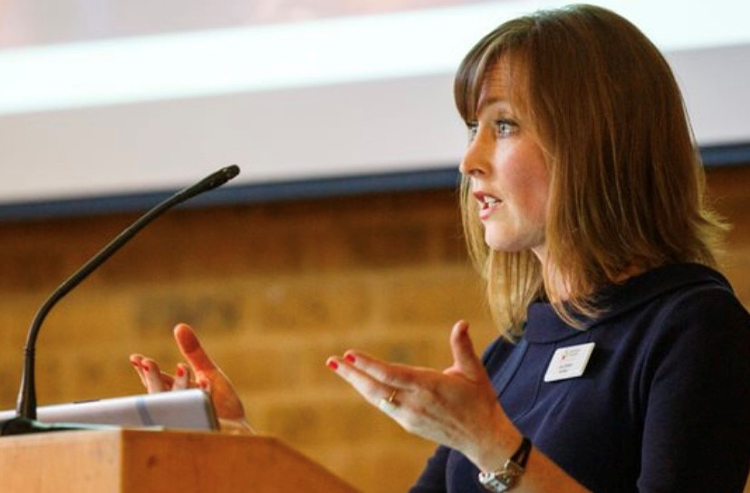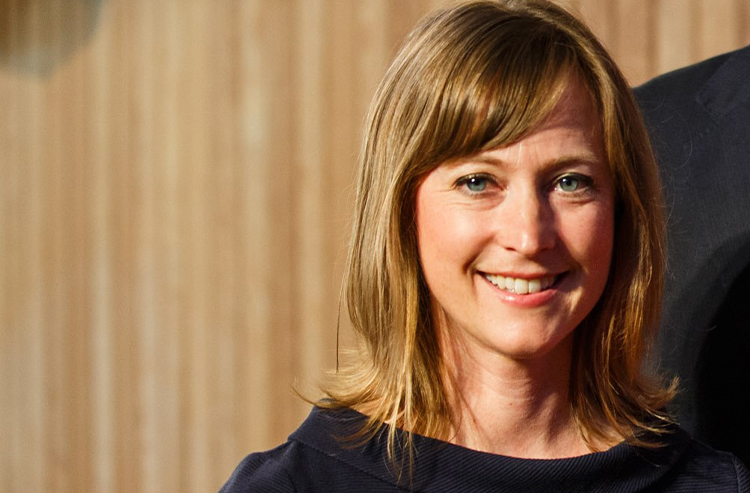Lisa Carlson is Chief Executive Officer of Canterbury’s Business Improvement District and the Chair of the Association of Town and City Management. She will be chairing the collaborative workshop on placemaking at the Kent and Medway Business Summit on Wednesday 27 April 2022.
In a nutshell, what do you do?
I work with the businesses and organisations in Canterbury to help improve the trading environment and make the city a welcoming place for everyone – staff, visitors, students and residents. I also work with other organisations like ours and local authorities across the UK and Ireland through the Association of Town and City Management.
You mention placemaking – what is your vision for Canterbury?
That Canterbury is known as a first-class cultural heritage destination. The city has an incredibly strong cultural offering that compliments its heritage and history. It is also within striking distance of London. We have a vibrant mix of businesses, and the art and culture offering is really important to us, as are the creative industries that are based in and around the city. We are in a great position to become an even more celebrated destination.

How did Canterbury hold up throughout the COVID-19 Pandemic?
Canterbury coped relatively well, but we have to acknowledge the debt burden that businesses are carrying. Our vacancy rate did go up, but it’s coming right back down. Thankfully, the commercial interest in the city is strong. We had 20 shops open between September and November with just five closures and we are looking forward to welcoming another 6 new businesses within the next month. The Levelling Up Fund bid will be such an important opportunity to make the most of what we have to offer. This is also a crucial moment in time to tackle the climate crisis
You were at COP26 – how has that impacted your strategy?
It was a privilege to join Kent’s only delegation to COP26 as part of the Canterbury Climate Action Group. We want to support Canterbury and our business community through the transition to net zero, and this was a fantastic opportunity to learn from others. One of my main takeaways was the influence we could have as a Business Improvement District. It may seem that the bricks and mortar business in a small city have a smaller carbon footprint compared to the significance of household energy use and transport – which is true. But urban centres consume over two-thirds of the world’s energy and account for more than 70% of global CO2 emissions. If you multiply the impact we could have by supporting businesses with decarbonisation by towns and cities across the world, it is huge.
How will you try to achieve climate action goals?
Firstly, we work closely with businesses on their carbon audit. Many have started on this journey already, if not, we help them start. Also, secondly, we show them the grants and sources of funding available and help them to apply. It’s about taking the next step and the next step and also measuring emissions to help keep track. Carbon literacy is also really important because we need to make conversations about the climate crisis more commonplace.
Are most willing to accept these changes?
I haven’t come across any business or group who would deny the need for this. It’s much more about knowing where to start and having the time to sift through a lot of information. It’s also about understanding the impact of indirect emissions and the value chain. The infrastructure around us also needs to change. We know several businesses who have completed a carbon audit and as a result have been able to make changes in their direct emissions, but they can’t necessarily influence things like how their customers travel to their venue or shop. This is why partnership working is so important, across the county.

What are the most important structural changes that are needed?
Transport. It is the hardest nut to crack because the levers and mechanisms don’t necessarily work together or happen at the same time. We need fewer cars on the road, but the public transport system can’t pick up all the slack and lower energy emitting vehicles aren’t affordable for everyone. Also, active travel options (walking and cycling) aren’t always possible or doable for everyone. And of course, as we’ve seen recently, less of a reliance on fossil fuels!
What is your take home advice to businesses in Canterbury?
We need to work together, and everyone has a role to play. We have complex and compounded problems, with the climate crisis and the need to decarbonise, embedded supply chain challenges and staff shortages and a cost of living crisis we haven’t seen in decades, if not longer. As an organisation, we are working to support everyone in this city, to improve the general trading environment and to make Canterbury a place that everyone wants to be. This is about the general appearance and also how we animate and promote the city. Canterbury has amazing stories to tell and we are lucky to have an active community and resident groups, for support.
Click here for the full agenda and to book a ticket to the Summit

